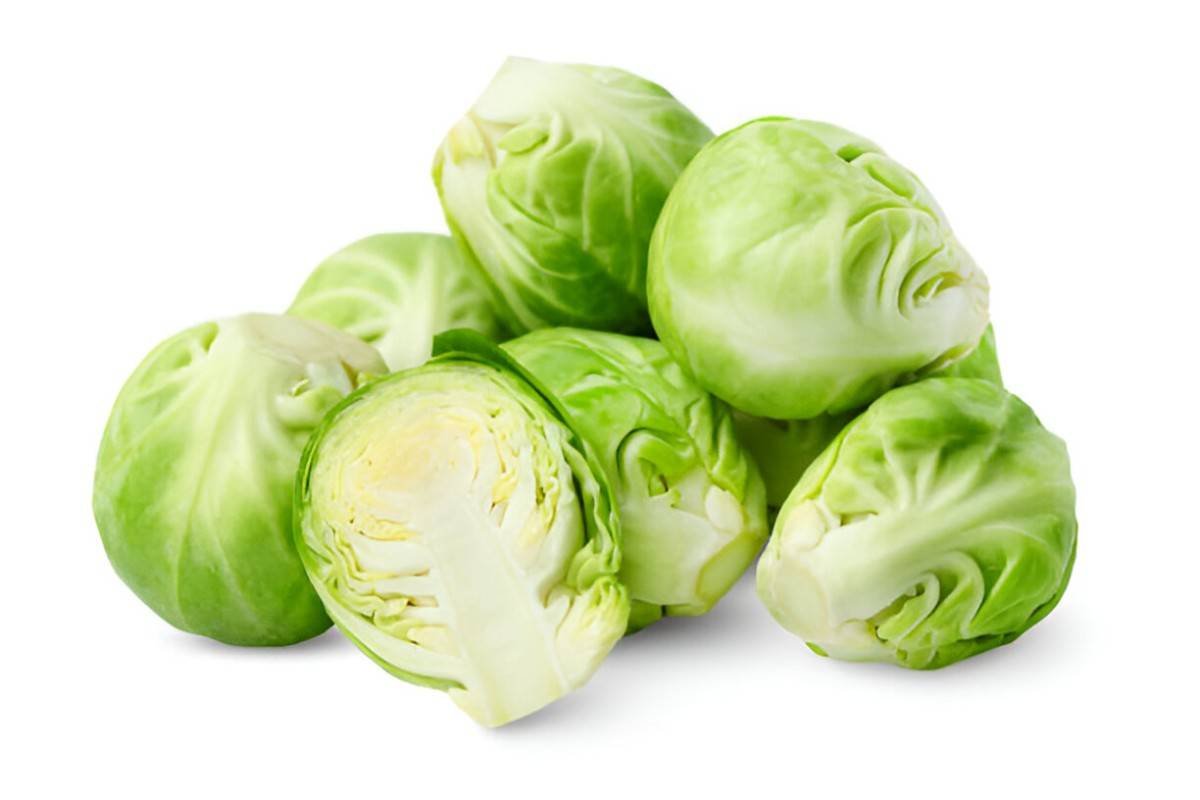Brussels sprouts, often overlooked on the dinner plate, are small but mighty when it comes to nutrition. Packed with vitamins, minerals, and fiber, these cruciferous vegetables offer a range of health benefits that make them a valuable addition to any diet. From supporting digestive health to reducing the risk of chronic diseases, let’s explore the many reasons to embrace Brussels sprouts as a staple in your meals.
Summary Table
| Nutrient | Amount per 100g | Health Benefits |
|---|---|---|
| Vitamin C | High | Supports immune function and collagen production |
| Vitamin K | High | Promotes bone health and blood clotting |
| Fiber | High | Supports digestive health and weight management |
| Folate | Moderate | Essential for cell division and red blood cell formation |
| Potassium | Moderate | Helps regulate blood pressure and muscle function |
Nutritional Profile
Brussels sprouts boast an impressive nutritional profile, providing a wealth of essential nutrients in each serving. Here’s a breakdown of their nutritional composition per 100 grams:
- Vitamin C: Brussels sprouts are rich in vitamin C, an antioxidant that supports immune function, collagen production, and wound healing.
- Vitamin K: An excellent source of vitamin K, Brussels sprouts play a crucial role in blood clotting, bone health, and heart health.
- Fiber: High in fiber, Brussels sprouts promote digestive health, regulate blood sugar levels, and support weight management.
- Folate: Brussels sprouts contain folate, a B vitamin important for cell division, DNA synthesis, and red blood cell formation.
- Potassium: A good source of potassium, Brussels sprouts help maintain fluid balance, regulate blood pressure, and support muscle function.
Key Health Benefits
- Digestive Health: The high fiber content of Brussels sprouts promotes regular bowel movements, prevents constipation, and supports a healthy digestive system.
- Heart Health: Brussels sprouts contain compounds that may help lower cholesterol levels, reduce inflammation, and improve blood vessel function, thus reducing the risk of heart disease.
- Bone Health: The combination of vitamin K and calcium in Brussels sprouts supports bone health, reducing the risk of osteoporosis and fractures.
- Immune Support: The vitamin C content of Brussels sprouts strengthens the immune system, helping the body fight off infections and illnesses.
- Cancer Prevention: Brussels sprouts contain phytonutrients such as glucosinolates, which have been linked to a reduced risk of certain cancers, including lung, colorectal, and breast cancer.
Disease-Fighting Potential
While more research is needed, Brussels sprouts may offer protective effects against specific diseases:
- Cancer: Studies suggest that the phytonutrients in Brussels sprouts may help prevent certain types of cancer by inhibiting the growth of cancer cells and promoting their destruction.
Cautions
Although Brussels sprouts offer numerous health benefits, some individuals may experience digestive discomfort when consuming them in large quantities, particularly if they are not accustomed to high-fiber foods. Additionally, individuals taking blood-thinning medications should consult their healthcare provider before significantly increasing their intake of vitamin K-rich foods like Brussels sprouts.
Incorporating Brussels Sprouts Into Your Diet
Incorporating Brussels sprouts into your diet is easy and delicious. Here are some simple ways to enjoy these nutritious vegetables:
- Roasted Brussels Sprouts: Toss Brussels sprouts with olive oil, garlic, and your favorite herbs, then roast them in the oven until crispy and caramelized.
- Brussels Sprouts Salad: Shave raw Brussels sprouts thinly and toss them with a citrusy vinaigrette, nuts, and dried fruit for a refreshing salad.
- Sautéed Brussels Sprouts: Sauté Brussels sprouts with onions, bacon, and balsamic vinegar for a savory side dish.
- Brussels Sprouts Stir-Fry: Add halved Brussels sprouts to stir-fries with tofu, chicken, or shrimp for a nutritious and satisfying meal.
- Brussels Sprouts Slaw: Shred Brussels sprouts and mix them with shredded cabbage, carrots, and a creamy dressing for a crunchy and flavorful slaw.
Brussels sprouts are nutritional powerhouses, offering a wide range of vitamins, minerals, and fiber that support overall health and well-being. Whether you enjoy them roasted, sautéed, or raw, incorporating Brussels sprouts into your diet can provide numerous health benefits, from promoting digestive health and heart health to reducing the risk of chronic diseases like cancer. With their delicious flavor and versatility, Brussels sprouts are a tasty addition to any meal that can help you achieve your health goals.





